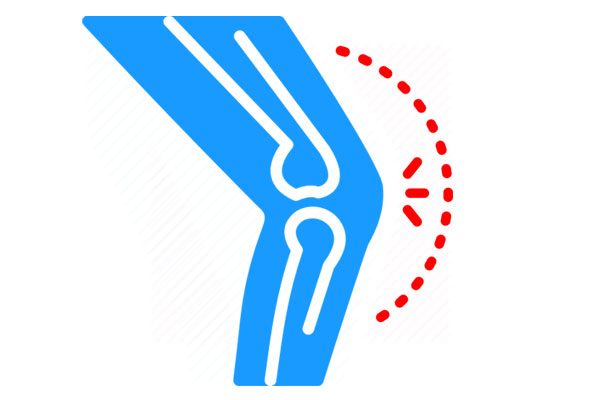Rheumatology and Clinical Immunology - What are we expert at?
YouTube Link: https://www.youtube.com/watch?v=tiaYXC2x8KM
Rheumatology and Clinical Immunology is a subspecialty in Internal Medicine and Pediatrics that deals with the joints, soft tissues, autoimmune diseases and heritable connective tissue disorders. Diagnosing patients with musculoskeletal symptoms remains one of the rheumatologist’s core responsibilities. Even though in the general field of medicine, significant advances have been made by using sophisticated laboratory analysis and imaging modalities, in rheumatology making correct diagnosis remains as much an art as a science, today as in the days of Hippocrates. Rheumatologists continue to take pride in their ability to detect inflammation by simple clinical means honouring the clinical skill continuously.
The symptoms of rheumatic diseases are extremely variable. The predominant symptom in Rheumatology is pain which can be either regional or generalized. The regional pain can be in the joint, around the joint, in the muscle or from nerve damage due to rheumatologic and immunologic disease. The other symptoms like fever, weight loss and loss of appetite are not very uncommon. There can also be a specific organ-related symptom which comes as a part of autoimmune and rheumatic diseases like breathlessness, skin rashes, skin ulcers and skin thickening, dry eyes, red eyes, eye pain and blindness (partial or complete), headaches, confusions, memory loss, abdominal pain, oral ulcers, so on and so forth. In short rheumatic disease can affect any organ and a rheumatologist identify the pattern, diagnose the disease, its cause and formulate the treatment plan.
Unlike an orthopaedic surgeon, rheumatologists do not perform surgery to treat joint disease. Furthermore, the goal of many rheumatologists is to find the underlying cause of rheumatic disease and conduct research to find better treatment options. Recent advances in the immunology of rheumatic diseases have made rheumatology a fast-growing subspecialty of medicine. Strategies used to manage patients in rheumatology may range from drug treatments, physical and occupational therapy, rehabilitation and even surgery in severe cases. Drug therapies are Disease-Modifying Anti-Rheumatic drugs, anti-inflammatory drugs (DMARD), immunosuppressive and immunomodulatory medication ranging from traditional conventional small molecules to newer biological DMARDS, and targeted small molecules. The treatment armaments are ever-increasing, targeting the diseases that come under the umbrella of Rheumatology and Clinical Immunology which are as mentioned below.
- Inflammatory Arthritis
- Rheumatoid Arthritis
- Psoriatic Arthritis
- Spondyloarthritis
- Inflammatory Bowel Disease-Related Arthritis
- Reactive Arthritis
- Crystal Arthritis like Gout and Pseudogout
- Undifferentiated Arthritis
- Juvenile Idiopathic Arthritis
- Non-inflammatory Arthritis
- Osteoarthritis
- Connective tissue disorders
- Systemic Lupus Erythematosus
- Sjogren's Syndrome
- Systemic Sclerosis
- Mixed Connective tissue disorder
- Sarcoidosis
- Inflammatory myositis
- Vasculitis
- Immunodeficiency syndromes
- Fibromyalgia
- Tennis or golfer’s elbow and other tenosynovitis
- Antiphospholipid antibody syndrome
- Uveitis, scleritis
- Interstitial lung disease
- Osteoporosis and other metabolic bone diseases
